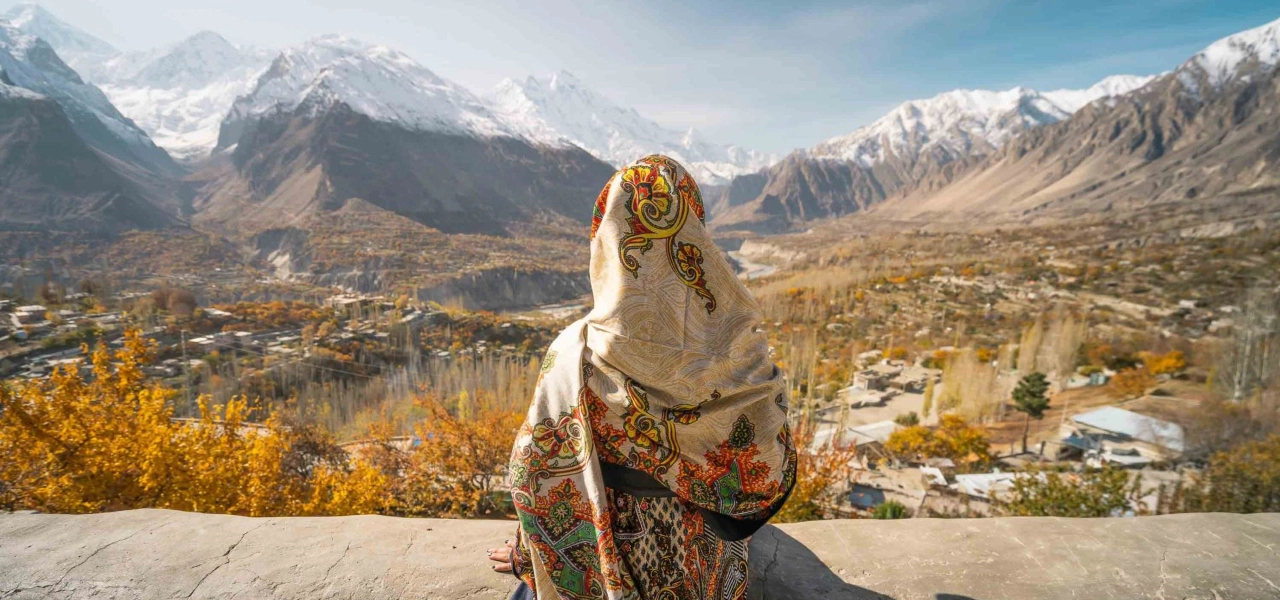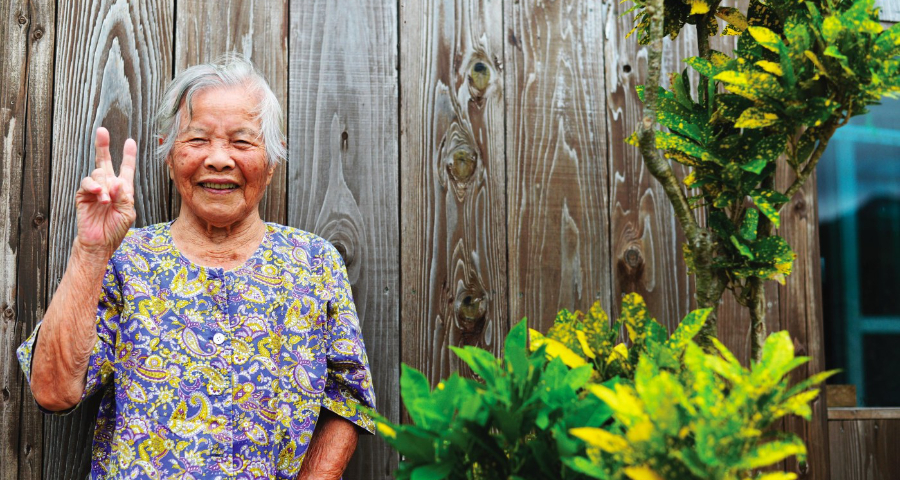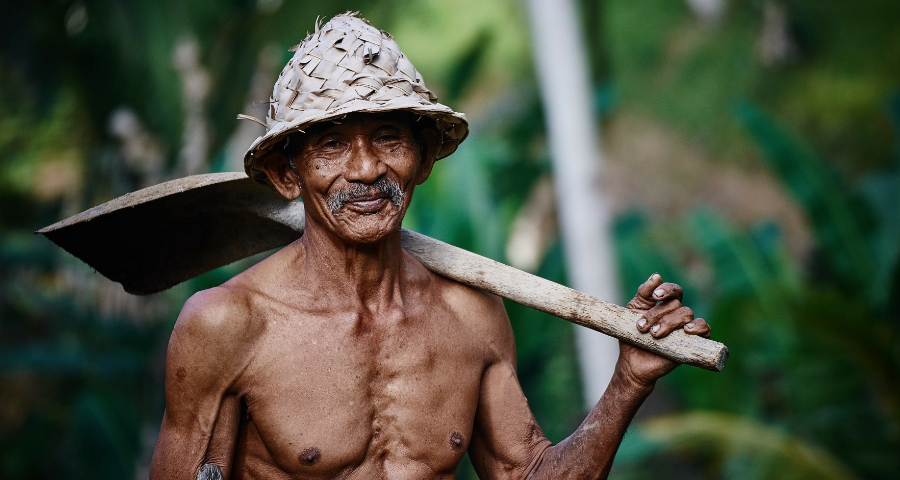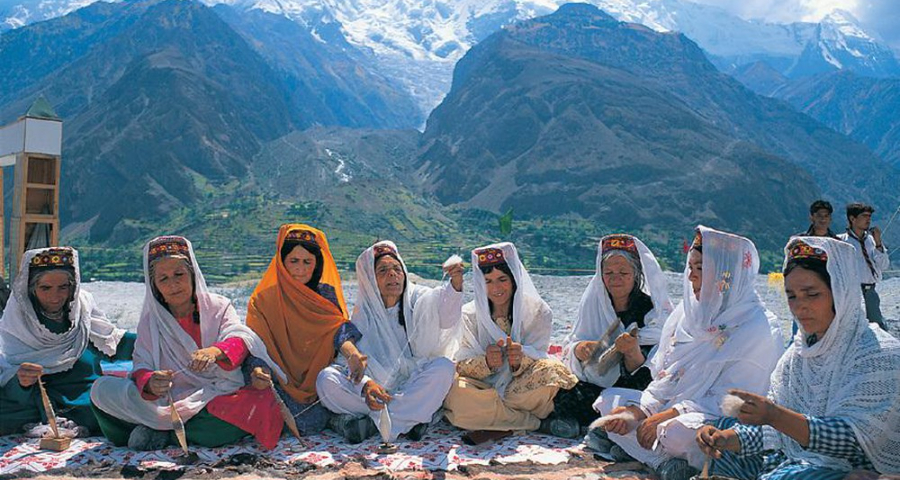

In the following places, it is not uncommon for people to live to be 100 years old, and in their old age, they spend their days in happiness and good health.
Almost a century ago, the average life expectancy worldwide was only 31 years. However, today, not only do people live longer, but they also enjoy life much more. This is thanks, on the one hand, to healthcare advancements, and on the other, to safe living conditions. In certain places, the proximity to nature and the diet further enhance this. In the so-called Blue Zones, locals typically live up to two decades longer than we do. Research by National Geographic reveals that this is not due to genetics, but rather lifestyle choices. In every community, the diet is rich and nutritious, healthy, and low in processed foods and animal-based products. The good news is that anyone can incorporate these habits into their daily life!
Okinawa, Japan
According to a National Geographic survey, this island, located in southern Japan, is home to the highest number of people over the age of 100. What’s even more interesting, however, is that Okinawans seem to age more slowly than the average person, thanks to higher levels of sex hormones. For example, a seventy-year-old man was estimated to be only fifty based on his bones and hormone levels.

Locals mostly rely on a low-calorie plant-based diet, consuming more soy and tofu than any other community in the world. According to research, this significantly contributes to reducing the risk of cancer and complications related to menopause. Okinawans follow the principle of hara hachi bu, meaning they eat only until they are 80% full. A study conducted at the University of Wisconsin-Madison suggests that a reduced-calorie diet promotes a longer lifespan and reduces the risk of age-related diseases such as diabetes, cardiovascular diseases, and cancer.
Ikaria, Greece
Ikaria is simply called "the island where people forget to die." Many believe that this place holds the secret to youth, as the locals don’t have to worry about dementia or chronic age-related illnesses. On the island of Ikaria, reaching the age of 90 is not considered unusual at all.

The locals' diet mainly consists of fruits, vegetables, beans, and olive oil. They often stay up until dawn, enjoying themselves, laughing, and considering socializing to be extremely important. They even cross mountains to maintain connections with friends and acquaintances, and they also make time for a short afternoon nap every day. Research suggests that an afternoon nap can reduce the risk of heart disease by up to 35%. Like the Okinawans, they also follow the principle of calorie restriction.
Nicoya, Costa Rica
This 80-mile-long peninsula is located off the coast of Costa Rica. Interestingly, its residents not only live longer than their Costa Rican counterparts, but they are also healthier and experience much fewer stress-related issues.

The people of Nicoya value family bonds and the importance of having goals at every stage of life. According to the journal Psychological Science, having a sense of purpose increases lifespan and positively impacts mental health. Those who live here are less likely to suffer from cardiovascular diseases or various physical and mental disabilities compared to other Costa Ricans, as they pay attention to their calorie intake and drink so-called "hard water." In Nicoya, the water is rich in minerals, particularly calcium and magnesium.
Hunza Valley
The Hunza Valley is one of the most remarkable places in the world. Located in the northernmost part of Pakistan, people here not only live long lives but also spend their days in happiness and good health, even into their 80s and 90s. Dr. Robert McCarrison, while researching India’s nutritional habits during the British occupation, discovered the Hunza people. Despite having no doctors or hospitals, the people here were in excellent health even at the age of 100. This small community of around thirty thousand people lives in the mountains at the meeting point of the Pakistan, Russian, and Chinese borders, with an average mountain height of six to seven and a half thousand meters. According to recorded data, Jeanne Calment was one of the oldest people in the world, passing away at 122 years old. However, today, there are even 125-year-old men and women in the Hunza Valley, working in the fields and climbing mountains to earn their daily bread.

The apricot, which is a staple of the Hunza diet, is referred to as "Hunza gold." The seeds are also eaten, with some people consuming up to 30 of them daily, and the oil is used to make an effective skincare product. Many believe this is why Hunza women remain less wrinkled even in their older years. The community’s long lifespan is also said to be due to their drinking water. Their water comes from streams created by melting mountain glaciers and is rich in minerals, which are naturally absorbed by the plants the Hunza people consume. As a result, their mineral intake is three times higher than that of Western civilizations.